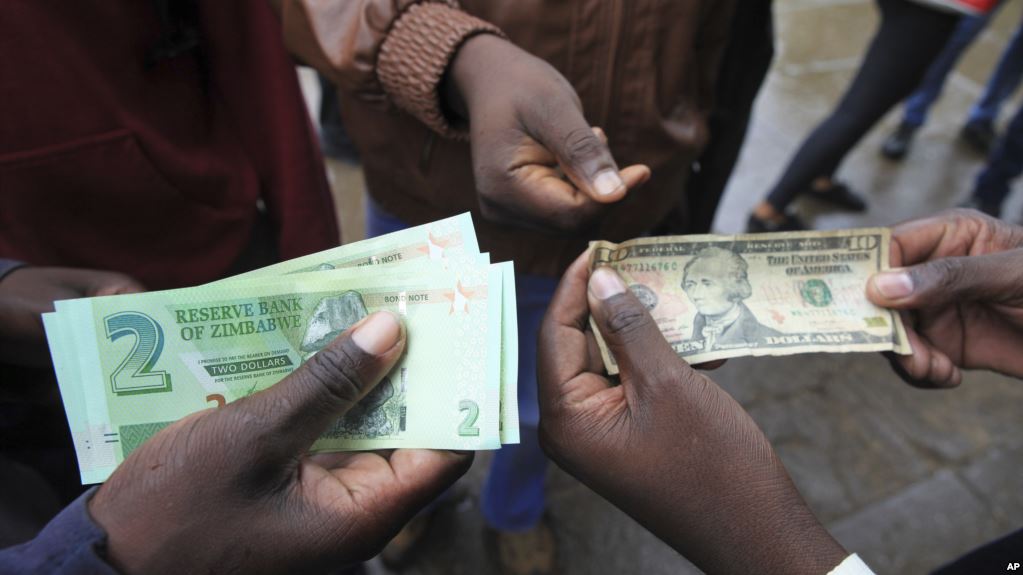OK Zimbabwe Ltd’s outlook for the remainder of 2019 is unpredictable owing to instability in prices due to inflationary pressures in the economy, as well as government interventions, a top company official has said.
Prices of goods have skyrocketed as a result of the weakening of the local unit against the United States dollar.
Zimbabwe had adopted the use of US dollars in 2009 before introducing a number of currencies from December 2016 such as bond notes, RTGS$ and the Zimdollar introduced last week as the sole legal tender.
The greenback was trading at one time at 1:13 to the local currency. This resulted in government last week banning the multi-currency regime through Statutory Instrument 142 of 2019.
In an interview this week, OK Zimbabwe Ltd CE Alex Siyavora said the outlook for the 2019 financial year for the retail group would be difficult to predict as a result of new measures put in place by government and the instability around the pricing mechanism.
“So far, it has been unpredictable in as far as prices are concerned because you could not say what the price of a product would be next week. I think in any economy, stability is tied around prices,” Siyavora said. “So it is hard to tell our outlook because we now have new measures which are yet to take root and influence how things go. It would be different if these measures were made let us say in January because by now the market would have settled down.”
He said retailers are adversely affected by the supply side deficit as a result of the poor agricultural season.
Siyavora said OK Zimbabwe has not been spared from the effect of the daily power outages by power utility Zesa Holdings which usually last for 17 hours.
“The cost will be two-fold. When there is power outage, it means in a supermarket your core chain is affected by long periods of absence of power so it will be a loss because you will be marking down and throwing away stuff. But for us we managed to invest in generators earlier on as we were refurbishing our store so we can preserve the other products in the core chain,” he said. “Diesel is needed to power the generators and if you are going to operate for 12 hours without power, it becomes a significant cost and then sometimes you have shortages of the diesel. So the outages have come with a cost to the business and as a difficulty in doing business.”
Siyavora said the pricing of goods has been driven by the premium put on forex.
“The pricing of our goods depends on foreign currency premium because your suppliers couldn’t get forex from the interbank market they would source it elsewhere to use in buying goods. So that was really the driver because it affects both the guy who imports and the guy who manufactures, so either way, you will see that your pricing is being driven by the exchange rate premium.”






